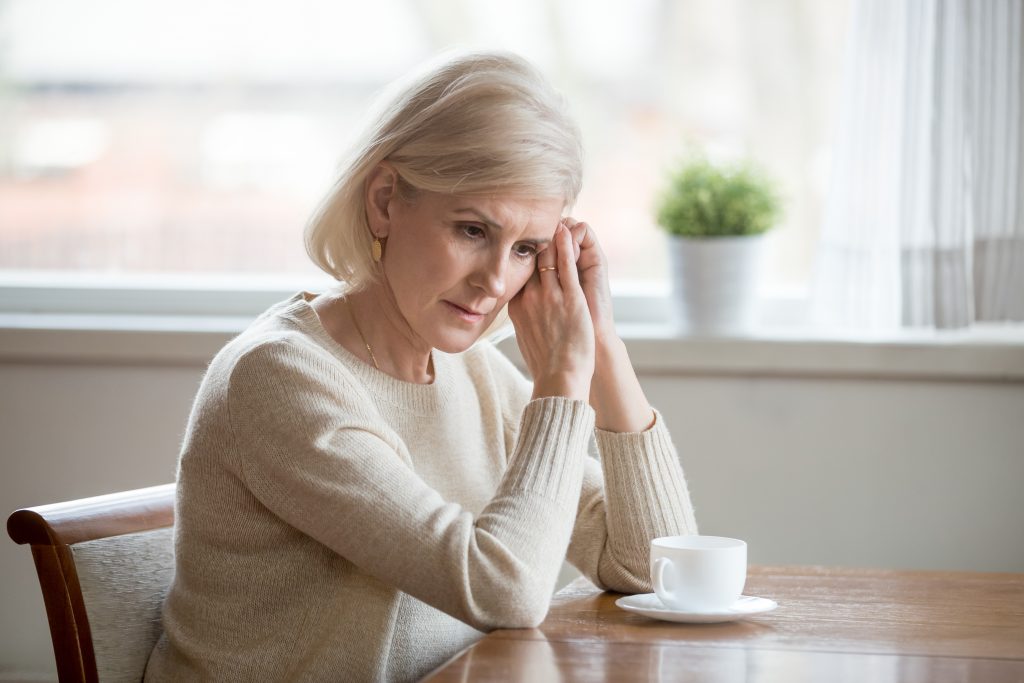Protecting your mental health during the pandemic
At the beginning of 2020, Australians were reeling from one of the worst bushfire seasons on record. Many thought the ongoing recovery efforts from that crisis would define the year.
But then, the COVID-19 pandemic took hold throughout the world. And we saw the tragic events of the bushfire season overshadowed by the escalating pandemic.
Dr Betty Pfefferbaum and Dr Carol North are experts in the mental health impacts of disasters. Writing in the New England Journal of Medicine they explain how disasters, like the current pandemic, leave a trail of devastation. And the difficulties are not limited to loss of life, freedoms, and finances.
“The COVID-19 pandemic has alarming implications for individual and collective health and emotional and social functioning” they say.
You might be aware of the distress you’ve been feeling in the last few months. Or maybe you’ve felt ‘off’ and you’re not sure what’s wrong.
Here, you can discover what feelings to look out for and how to take steps to protect your mental health.
What kinds of feelings should I look out for?
Disasters can impact your emotional and mental health. Some of the common feelings and behaviours that may appear during times of natural or health disasters include:
- confusion
- isolation
- stigma (feeling bad about being sick)
- distress
- mental health decline (depression and anxiety)
- irritability and anger
- misuse of alcohol and drugs
- not wanting to follow recommendations or restrictions.

Does everyone feel like this?
Many people have these feelings from time to time. However, some groups of people are more at risk during this pandemic:
- Those who have COVID-19.
- Those with pre-existing mental health illness.
- Healthcare workers and other workers at higher risk of exposure. For example, those who must attend work or environments where there are a lot of people.
But we may all have some reaction to the ever-changing restrictions, financial uncertainties and loss of connection with our normal routines and lifestyles.
What can I do?
Here are some ways to support your mental health during this pandemic.
- Keep or establish a daily routine by:
- getting up and going to bed at similar times every day.
- keeping up with personal hygiene
- eating healthy meals at regular times
- exercising regularly
- allocating time for working and time for resting
- making time for doing things you enjoy
- Stay informed by listening to advice from your trusted national and local authorities and media. However, if you feel anxious or distressed, try to reduce how much media you consume.
- Try and stay in connected with your friends and loved ones by telephone and online channels.
- Watch your alcohol and drug use and avoid using alcohol and drugs as a way of dealing with fear, anxiety, and social isolation.
- Limit your screen time by taking sure regular breaks from on-screen activities. This includes social media and video games.
- Help others as you are able. You can support vulnerable people in your community helping them with things like food shopping.
- Support health workers by thanking them online or through your community.
Seek support when you need it
Mental health struggles are to be expected during this pandemic. Health professionals are ready to support you.
And many government and community organisations are doing all they can to help us navigate and recover from the mental health challenges of the pandemic. If you seek help, you will get it.
You can find the comprehensive information about mental health support at Head to Health.
Seek help if you experience distress or any decline in your mental health over this period. Speak to someone you trust today or contact:
- Lifeline 13 11 14 (operating 24 hours a day, 7 days a week)
- Kids Helpline – for children that may need support 1800 55 1800 https://kidshelpline.com.au
- Beyond Blue – 1300 22 4636 https://beyondblue.org.au
To speak with an InstantScripts GP:
© InstantScripts
Level 8 / 637 Flinders St.,
Docklands VIC 3008

